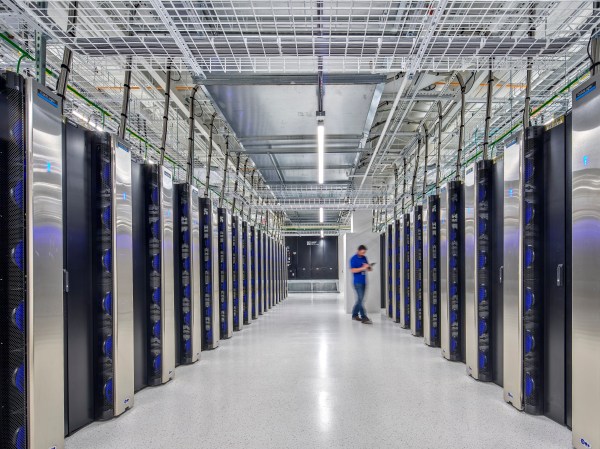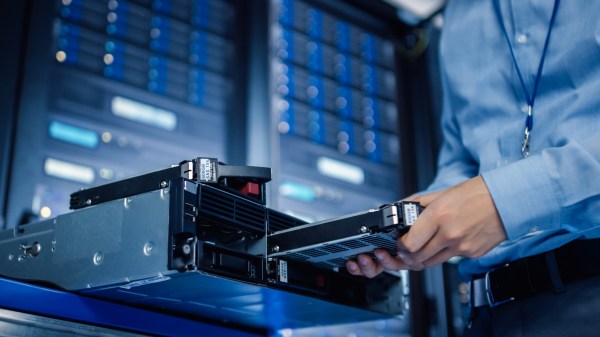
Analysis of the latest trends and developments from DataBank’s own thought-leaders and experts.

Cloud cross connect works by establishing a secure and dedicated connection between an organization’s data center and the cloud service provider’s infrastructure. This connection is established using interconnection points, such as network access points (NAPs), carrier hotels, or data centers.

A cross connect network is a type of communication network that enables the interconnection of different devices, networks, and services. Cross connect networks enable organizations to improve network performance, increase flexibility, and enhance network security.

Using fiber cross connect provides scalability, reliability, flexibility, high-speed data transfer, and cost-efficiency in a telecommunications network. It allows for interconnecting fiber optic networks, enhancing network reliability and reducing downtime risk.

The term cross connect data center refers to the physical and logical connections between multiple devices and networks within a data center. These connections help support the growing demands for data storage, processing, and transfer.

In networking, the term “cross connect” refers to the interconnection of communication lines, circuits, or network paths within a data center, telecommunication room, or enterprise network. Cross connects allow for efficient data routing and enhance connectivity between different parts of the network.

A SAN (Storage Area Network) is a specialized network that provides block-level access to data storage. SANs are used to improve the performance of data storage and retrieval processes.

A storage area network (SAN) connects servers to shared storage devices using a specialized network protocol. Using a SAN can improve the performance, reliability, and scalability of a company’s data storage infrastructure.

Storage area network (SAN) storage is a specialized network designed to allow multiple servers to access a shared pool of storage resources. It, therefore, provides fast and efficient access to data.

Colocation remote hands services refer to the provision of IT support and maintenance for businesses that use a third-party data center to host their IT infrastructure. This article will outline what businesses should consider when assessing colocation remote hands services.


Discover the DataBank Difference today:
Hybrid infrastructure solutions with boundless edge reach and a human touch.